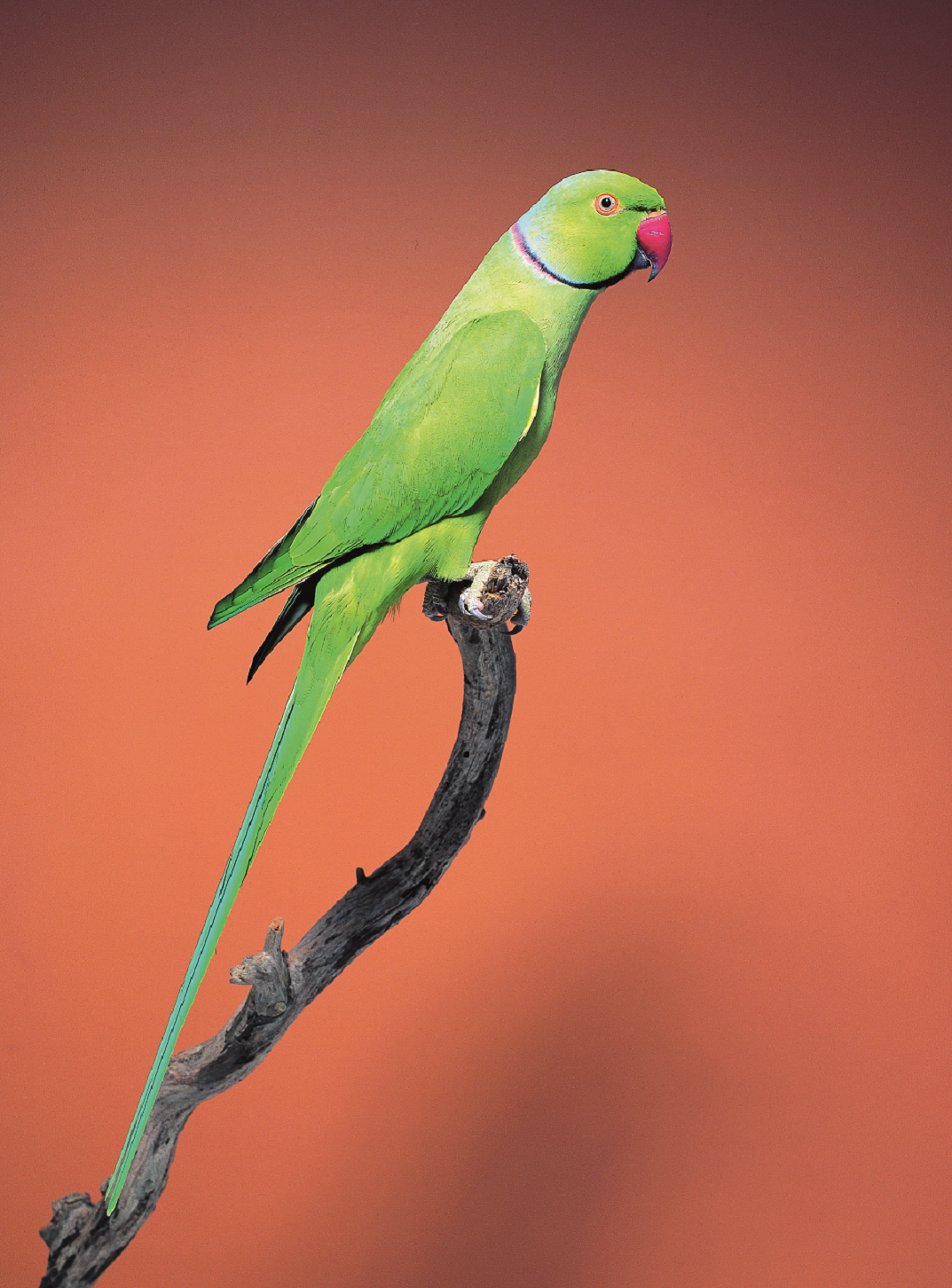Best 5 Ways to Enhance Baby Guinea Pig Care in 2025!

Essential Guide to Baby Guinea Pigs: Improve Care in 2025!

Are you considering adding adorable baby guinea pigs to your family in 2025? Understanding the needs of these charming companions is crucial for their health and happiness. In this essential guide, we will cover **guinea pig care**, habitat setup, dietary needs, and much more. Let's dive into everything you need to know about caring for these delightful little creatures!
Understanding Baby Guinea Pig Habitats
A suitable **baby guinea pig habitat** is fundamental to raising happy and healthy pets. These gentle creatures thrive in spacious environments. A cage that is at least 7.5 square feet is recommended for a pair of **baby guinea pigs**. Using safe bedding materials such as paper-based supplies or aspen shavings can help keep them comfortable and dry. Always avoid cedar or pine shavings, as they can be harmful to their respiratory systems.
Cage Setup and Accessories
When setting up your baby guinea pig's home, consider including a cozy hideout where they can feel secure. Accessories such as tunnels and platforms can promote enrichment and encourage natural behaviors. Make sure to keep food and water bowls easily accessible, and utilize a **baby guinea pig feeding schedule** for consistency.
Environmental Needs for Baby Guinea Pigs
Each environment should be temperature-safe as baby guinea pigs are sensitive to extreme temperatures. Ensure a stable range between 65°F to 75°F. Regularly monitor humidity levels since high humidity can lead to health problems. Provide essential ventilation, but avoid drafts. Planting some safe, pet-friendly plants enriches their habitat and allows for natural behaviors.
Cleaning Your Baby Guinea Pig Habitat
Consistency in **baby guinea pig cleaning** helps prevent health issues. Regularly remove soiled bedding and uneaten food from your cage. Aim to perform a thorough cleaning weekly, and replace the bedding entirely monthly. This engrained cleaning routine fosters a healthy living space while nurturing the bond between you and your tiny friends.
Nutrition: Feeding Your Baby Guinea Pigs
Providing a balanced **baby guinea pig diet** is vital. Young guinea pigs need a unique blend of hay, fresh vegetables, and specially formulated pellets. Quality hay, like timothy or meadow hay, should be the primary component of their diet for gastrointestinal health and dental wear. You should introduce fresh vegetables gradually, focusing on leafy greens like romaine lettuce and cilantro.
Baby Guinea Pig Feeding Schedule
Establishing a structured **feeding schedule** can make a significant difference. Offer unlimited hay daily and measure out around 1/8 cup of pellets per pig. Fresh vegetables should be given once or twice daily, providing variety and keeping feeding exciting. Keep an eye on their eating habits – if a **baby guinea pig** refuses food, it could be a sign of health issues.
Watch for Signs of Nutritional Deficiencies
Knowing the signs of nutritional deficiencies is crucial. Common indicators may include lethargy, weight loss, or changes in fur quality. Regular checkups at the vet can cone into view any underlying issues. Involve healthcare professionals in discussions surrounding **baby guinea pig health** to ensure you’re on the right track.
Baby Guinea Pig Behavior and Socialization
Understanding **baby guinea pig behavior** is essential as they are pack animals, thriving on social interaction. Training and socializing your piggy can create a well-rounded companion, becoming a true member of the family. Keep in mind that patience is key; these adorable beings require time to develop trust.
Bonding Techniques for Baby Guinea Pigs
Start with short handles or gentle scratches and gradually work on building trust through regular handling. Utilizing treats can aid in **baby guinea pig bonding**; offering rewards enhances their positive associations with you. Often, guinea pigs will show affection by cuddling against you or exploring their surroundings during playtime.
Games and Enrichment Activities
Integrating various **baby guinea pig games** into their routine can make a significant difference in increasing their happiness. Use toys like chew blocks, tunnels, and maze-like structures that stimulate their curiosity. Regular play and exercise not only improve their physical health but also enhance cognitive function, reducing unhealthy behaviors resulting from boredom.
Healthcare Considerations for Baby Guinea Pigs
::### Comprehensive **baby guinea pig health** checks:** Regular check-ups, vaccinations, and preventive measures can help extend your guinea pig's lifespan. Issues such as overgrown teeth or respiratory infections must be promptly addressed. Building a relationship with a knowledgeable veterinarian is essential for your pet's well-being.
Signs of a Healthy Baby Guinea Pig
Monitoring your baby guinea pig's overall health should be a top priority. Healthy guinea pigs are active, social, and have bright eyes. Regular stool checks can indicate a healthy digestive system, while soft, shiny fur suggests proper care and nutrition. Any behavioral changes can warrant a closer investigation into **baby guinea pig health**.
Vaccination Schedule and Preventative Care
Be aware of your baby guinea pig's **vaccination schedule**. Consult your veterinarian regarding which vaccines are necessary. Keeping up with routine check-ups allows for early detection of any potential illnesses and keeps them in top shape.
Key Takeaways
- Provide an enriching environment and appropriate habitat for your baby guinea pigs.
- Establish a balanced feeding schedule containing hay, pellets, and fresh veggies.
- Devote time to socializing and bonding with your baby guinea pigs.
- Regular health checks and awareness of signs of illness are essential for longevity.
FAQ
1. What is the average **baby guinea pig lifespan**?
Baby guinea pigs typically live between 4 to 6 years but with proper care, attention, and healthy grooming practices, some can live well into their 7s or even 8s. A balanced diet and routine vet checks directly correlate to their longevity.
2. When do I need to start **baby guinea pig socialization**?
It’s essential to start **baby guinea pig socialization** as soon as they arrive home. Engaging them in gentle social interactions helps them build confidence and comfort in their new surroundings.
3. How do I handle **baby guinea pig allergies** in household members?
Should someone in your household suffer from **baby guinea pig allergies**, consider adopting hypoallergenic breeds or implementing strict cleaning routines. Air purifiers and designated guinea pig areas can also help alleviate allergens.
4. What signs might indicate a **baby guinea pig problem**?
Signs such as lethargy, refusal to eat, and changes in droppings could indicate underlying health problems. Contact a veterinarian immediately if you observe these signs.
5. What's the best way to prepare for **baby guinea pig bonding**?
Prepare for **baby guinea pig bonding** by creating a calm, stress-free environment. Gradually integrate handling sessions along with healthy rewards—trust and affection take time to develop.
By embracing the joy of owning **baby guinea pigs** and prioritizing their needs, you will not only foster a loving relationship but also contribute to their overall happiness and wellness. Enjoy the companionship of these delightful small pets in 2025!